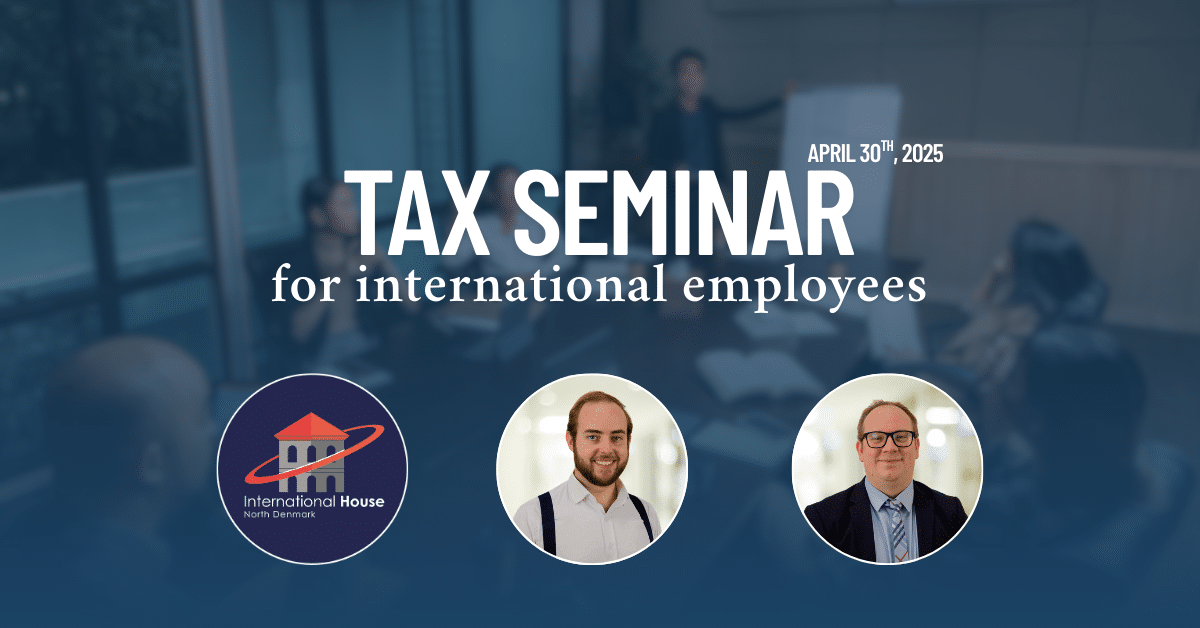Danish High Court Rules on Cross-Border Severance Payment Taxation: A Case Between an Individual and the Danish Tax Ministry
In a recent decision that stands to impact international employees working in Denmark, the Danish High Court has ruled on a complex case involving an individual known as “A” and the Danish Tax Ministry. The dispute hinged on how A’s income, including a severance payment, should be taxed under both Danish law and any existing double taxation treaties between Denmark and China.
The Points of Contention
“A” argued that his severance payment should fall under the Danish Tax Assessment Act § 33 A entitling “A” to a reduction in the Danish income after the exemption with progression method. “A” argued that the payment was made by a Finnish company, not the Danish branch where he worked.
On the other side, the Tax Ministry contended that the source of the severance payment exempts it from the Danish Tax Assessment Act § 33 A’s application. They argued that severance payments do not fall under the Tax Assessment Act § 33 A, with the exemption if the severance payment solely is derived from a foreign country.
High Court's Decision
The High Court ruled in favour of the Tax Ministry, confirming that A’s severance payment is indeed subject to Section 7 U of the Tax Assessment Act and therefor does not fall under the Tax Assessment Act § 33 A. They argued that the severance payment was derived from “A’s” entire employment with and not just from his time in China.
The Verdict
The case concluded with the High Court upholding the ruling of the lower court. As a result, “A“ was not entitled to reduce his Danish income with the severance payment af the exemption with progression method.
Implications for International Employees
This case serves as an important precedent for international employees and companies operating in Denmark, emphasising the necessity of understanding both Danish tax laws and any relevant international tax treaties.
Don't navigate cross-border taxation alone!
If you’re dealing with a similar international tax situation, schedule a consultation with our experienced tax experts, and avoid costly pitfalls.









